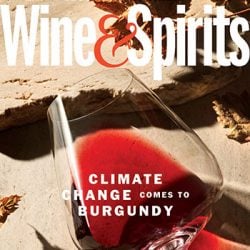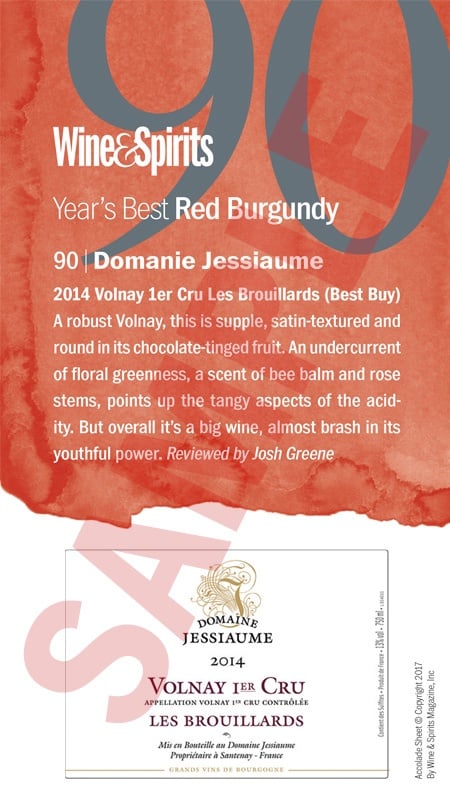In “History of the World—Part I,” Mel Brooks, playing Moses, comes down from Mount Sinai carrying 15 Commandments. One tablet falls and breaks. That’s why we are stuck with 10.
Indiana Jones found the Hebrew fragments, pieced them together and translated them:
No. 11: To commemorate the Exodus, thou shalt invent Passover and hold four and one-half-hour seders.
No. 12: Until dry wine takes over thou shalt drink only sweet wine from Finger Lakes Concord grapes.
No. 13: Ensure that Israeli wines will have gobs of fruit.
No. 14: Don’t let distributors create delis’ wine lists.
No. 15: Give Roman Catholic churches generous wholesale discounts on communion reds.


As the Haggadah recounts in infinite sleep-inducing detail, it came to pass that the Israelites, freed by Charlton Heston from an oppressive Pharaoh named Yul Brynner, who favored natural wine for burial rites in pyramid crypts even though he could make neither head nor tail of it, went forth across the Red Sea, many by foot, some on camels, others in Lincoln Continentals, all stopping at a nice place for lunch.
And, lo, they founded the Carmel Winery, and multiplied, and generation followed generation, and vintage of the century followed vintage of the century every two and one-third years, and they went into the export business, and created a diaspora, which included commuter-friendly kibbutzim like Scarsdale. And they bought wine at 35 percent discount from Zachys, and from Acker Merrall & Condit at Hong Kong auctions so that they could take highbrow appellations to Chinese restaurants offering reduced corkage fees on Sunday nights and Christmas.
And if they were lawyers or proctologists they acquired pricey iMacs so that they could read Dr. Vino to learn which wines went best with gefilte fish (and, in the Marais, with wannabe gefilte fish called quenelles).
And so bitter were arguments over pairings that the Jews broke into rival movements known as Orthodox, Conservative and Reform: no majority could decide whether white went better than red with gefilte fish made of whitefish, or of whitefish with carp, or of whitefish with carp and pike, or of carp alone, or of carp and pike, or of pike alone, and whether red or white horseradish should influence the decision.
And these divisions spawned rabbinical courts run by sages who each fathered 22 children and never in their lives had a day job, and who knitted their brows over such questions as whether, when a wife carries home a Jeroboam of Kedem Cream Concord from the store, she must still walk behind her husband; and whether investments in Riedels to serve four cups of wine on both seder nights is an extravagance that could be dodged by plastic equivalents from Costco; and whether flash pasteurization, which lets inexperienced nonunion green-card-holding waiters from Santo Domingo serve mevushal wines at catered affairs without rendering them trayf, deprives seasoned, reliable, yeshiva-graduated synagogue-member unionized Jewish waiters with prostate problems and three sons in medical school of a living wage; and whether Purim is a Root Day or a Leaf Day; and whether, if minerality existed, which God Himself could not determine, what its characteristics were, and whether minerality was allowed with dairy and meat, or only dairy, or only meat; and whether the oyster shells forming Kimmeridgian limestone soil invalidated the very notion of kosher Chablis; and whether the Rothschilds’ en primeur tastings should take place before the harvest, and whether Mouton and Lafite should be zoned for subdivisions; and whether the Messiah should be hired to straighten out Pennsylvania retailing.
Although such proceedings can schlep on forever, a North Dakota Hasidic court cut off debate on a Royal Wine Corporation suit to reduce the 100-point system to 99.98 on slow days, remanding the case to the originating, lower tribunal in Maryland for review. And it ruled unanimously that Yiddish should be the sole language of the Master of Wine curriculum.
This story appears in the print issue of April 2012.
Like what you read? Subscribe today.

















